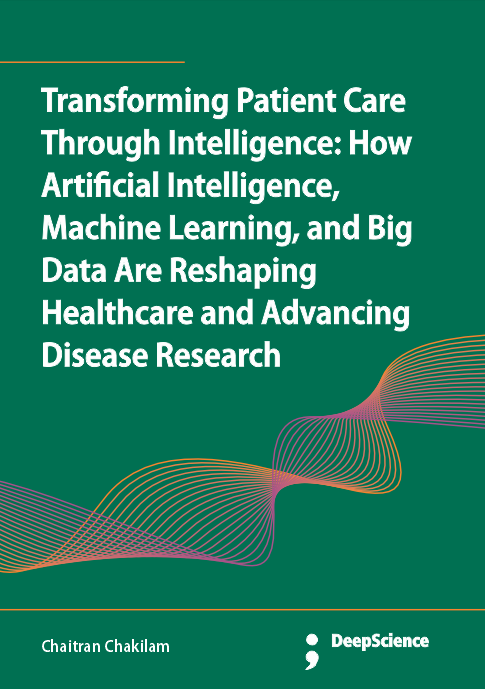Enabling cross-disciplinary collaboration between clinicians, data scientists, and healthcare technologists
Synopsis
A fundamental premise can be made in favor of developing a virtuous integration of basic medical approaches. Such integration represents a severe challenge to the scientific community and, at the same time, an opportunity for improving patient outcomes. In recent years, particular attention has been placed on the development of interdisciplinary approaches capable of taking into account and integrating diverse expertise and knowledge for addressing complex issues, such as the challenges and problems posed by the healthcare system. Healthcare sector is becoming increasingly persistent on the integration of skill sets and knowledge deriving from different domains, such as clinical, engineering, and ICT. Administrative and patient side representation of such sectors has its roots in different % of knowledge and comprehension of the world; therefore, each sector has its own peculiar ability to tackle problems and to seek solutions.
Integration between medicine and information & communication technologies: Tackling challenges arising in the healthcare domain requires the enhancement of a patient's outcome by accumulating and integrating information and knowledge about the patient’s history, symptoms and signs, the actual diagnostic plan, and treatment to formulate the most probable therapeutic framework. This task is typically ascribed to medical doctors, also in the digital area, who use the computer’s ability to process and order large amounts of data. Thus, technology plays a fundamental role in screening processes; nonetheless the information that can be manipulated through computers comes from clinical trials. On the other hand, the patient-doctor interaction focuses on needs, perceptions, and context of care. The need is to bridge the gap between these different representations, looking onto cross-disciplinary methodologies. The need arises in both the medical and the ICT sectors. Cross-disciplinary research questions could allow the medical side to optimize timing, protocol, and usage of technological tools, while the technologic side could challenge the system's ability to adapt the context of care and to investigate the expected patient outcomes. Moreover, such an investigation can support the better practice definition by means of process analysis and pathway detection regarding best practice management and technological control. The aim is to provide a formal framework to both medical and health-technologic operators for facilitating the comprehension, representation, and analysis of the reciprocal concordance.














